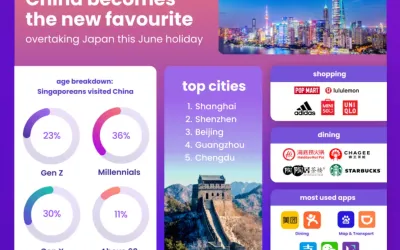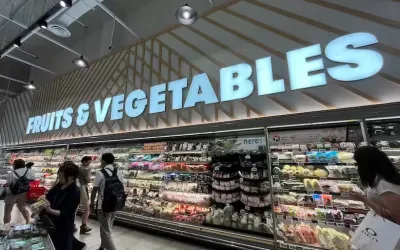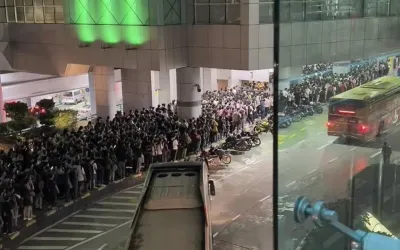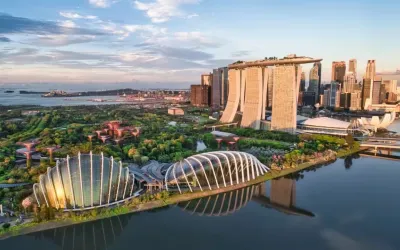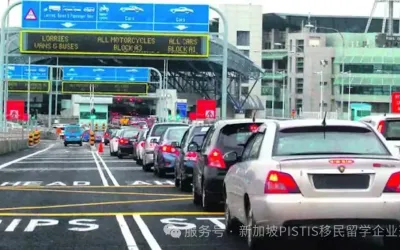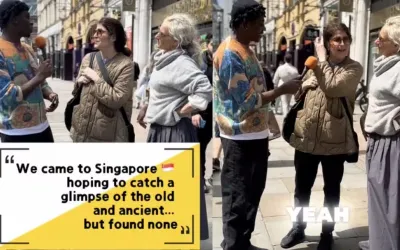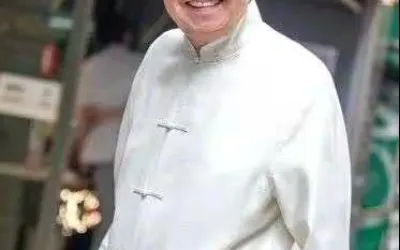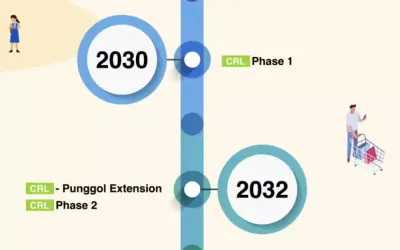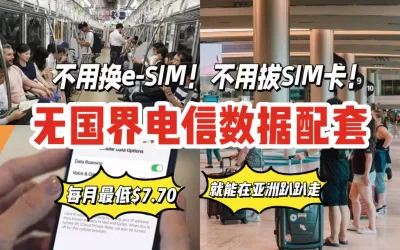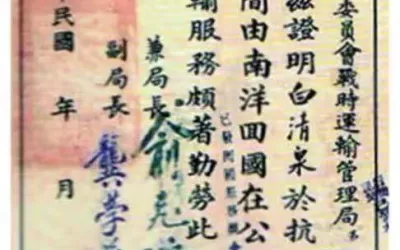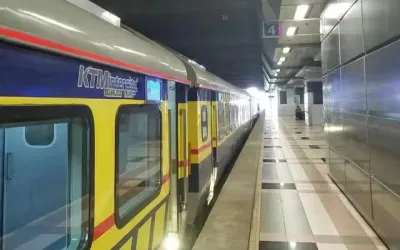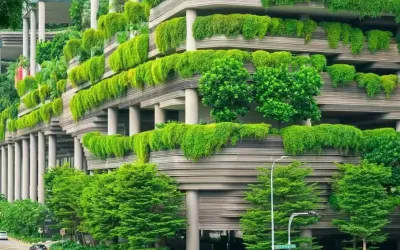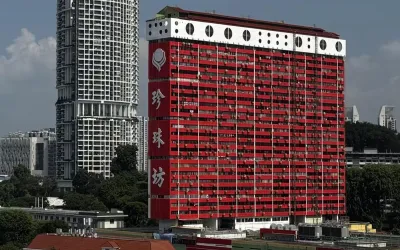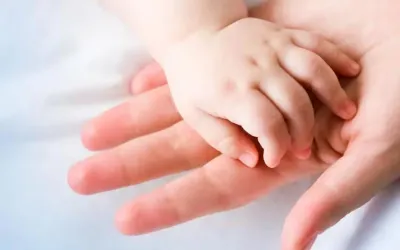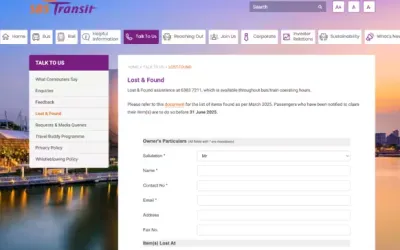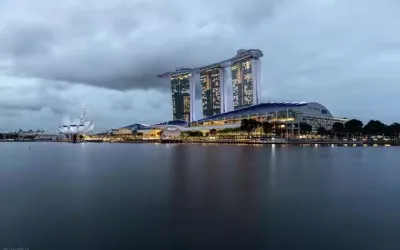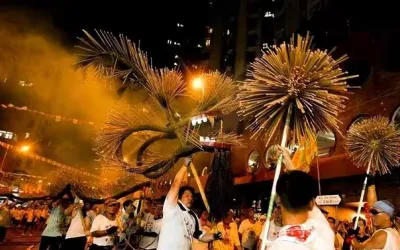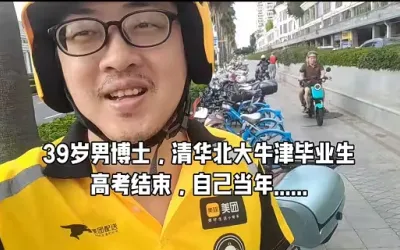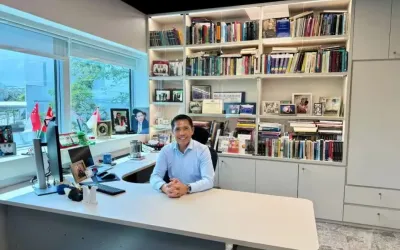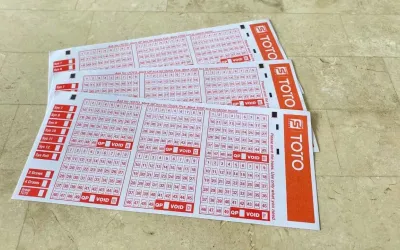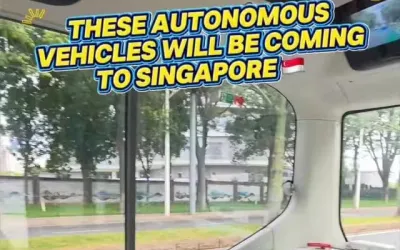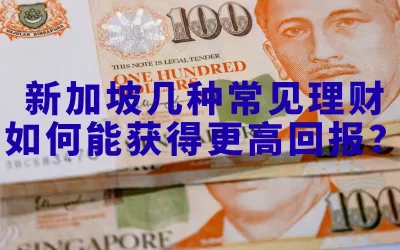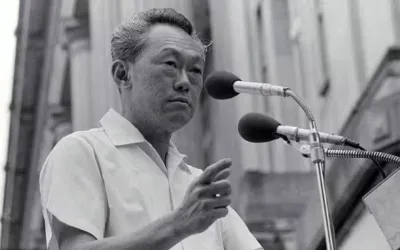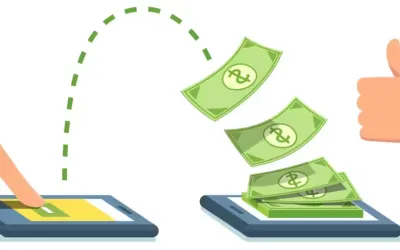BBC: There is a concern and we have read this from online forums and your own citizens about how wide-reaching this app could be, and that if in the first instance, there was a sense that perhaps not the whole truth came out, that could you then use it again, for some other purposes?
PM Lee: I think we made a mistake. This app was designed for contact tracing and for pandemic purposes. But under the law, the police have powers to ask for information for criminal investigations and police investigations, and it covered this app. We should have said so upfront. We did not, and we came out and said so. When one of our own MPs raised that question, we had to come out and explain this. I think there was anxiety, there was a reaction, quite a strong one. And after the pandemic is over, we will delete the information. I think people have accepted that, and we will be able to live with this.
BBC: Is the pandemic a gateway to a world where surveillance is more acceptable to people and useful for governments? Other countries are looking at surveillance apps or contact tracing apps like this.
PM Lee: I think it is not just the pandemic. It is the modern world. Even without surveillance apps, there are all kinds of apps which track where you have been and what you are doing. The owners of these apps collect the information and often resell them. But the fact is that privacy, [compared to] the days before the internet, Wi-Fi and Google image search, is not the same anymore, anywhere in the world.
This is something which people are getting used to, and at the same time, it is something societies have to find ways to deal with, to protect the legitimate concerns which people have, that this is going to be used against them. I think that there is a certain tension between individual rights and privacies, and our need to work together as a society and a community and to trust one another.
BBC: Just how badly has Singapore been hit by the pandemic and by the larger forces against globalisation?
PM Lee: The pandemic has been an enormous upheaval for us. Economically, last year, we had minus 5.5 per cent GDP growth (correction: 5.4%), which is our worst ever. In terms of cases, we have had quite a lot of cases, 60,000 odd. But fortunately, most of them have not been severe cases, so our fatalities have been very low. So far, 29 have died of COVID-19. But the social impact, the disruption, anxieties over loss of pay and jobs, over what you do with our children at home when schools close – that has been pervasive.
Globalisationis a longer-term problem, but deglobalisation, there have been trends underway for some time now, not least because of the US and China, but not just that. COVID-19 may give it a further push, I hope not over the edge, but it will push it a little bit further, because everybody says I need to make my own masks, I need to have my own supply chains. When everyone scrambles at the same time for something scarce, it is not very good for the world.
BBC: Is the era of globalisation over?
PM Lee: I hope not. I think there is a lot going for globalisation even now. Not every country can make its own vaccines, and even the countries which can make their own vaccines need to cooperate with one another. I think that globalisation will be under pressure, but the imperative for countries to cooperate, for businesses to operate across many geographies, to tap resources, to bring skills and talents and experiences together, and then serve markets all around the world, I do not think that is going to disappear. It will be moderated, and there will be tensions over security, tensions over competitiveness, who controls technology. But you cannot avoid working with one another because to go back to where you were, that way lies poverty and despair, and probably instability and conflict.
BBC: But globalisation, even in your own country, has not always benefited everyone. Many people have felt left out here. Do we need a new economic model?
PM Lee: Globalisation has benefited everybody in Singapore. You may not feel it so, but if we did not have the multinationals here, if we did not have the international trade that we have, if we were not open as we are, I have no doubt all of us would be worse off. But what has generated tensions is when the interface is so stark, people see the competition directly – because they are in a global market now. But at the same time, they understand that our way forward cannot be to close ourselves up, because if we do that, we are all going to be worse off.
BBC: Is that the way you see Singapore growing in the future, given the backlash against globalisation that we are seeing now?
PM Lee: We will work very hard to do that. It is not just a matter of good intentions, but also whether or not we can make sure people see that globalisation is working out for them. For the people who feel that the competition is fierce and the future is unpredictable, that they know there is in fact extra help and support for them, that they are not alone in this, and in Singapore, we will make sure that they are well looked after, provided they make the effort to continue to upgrade themselves.
We are putting a lot of effort into this. We have Skills Future, which is a comprehensive programme to train and retrain people throughout their working lives after they have left school. Courses, recognition, schemes, arrangements with employers, Government subsidies,. Every country is trying to do this, but we are trying to do it more systematically, and with our full resources behind it.
BBC: The US-China relationship has deteriorated significantly over the last few years. When the time comes, which one will you choose?
